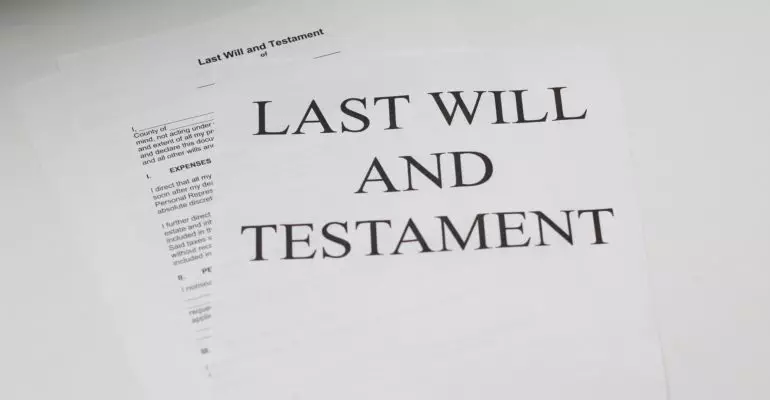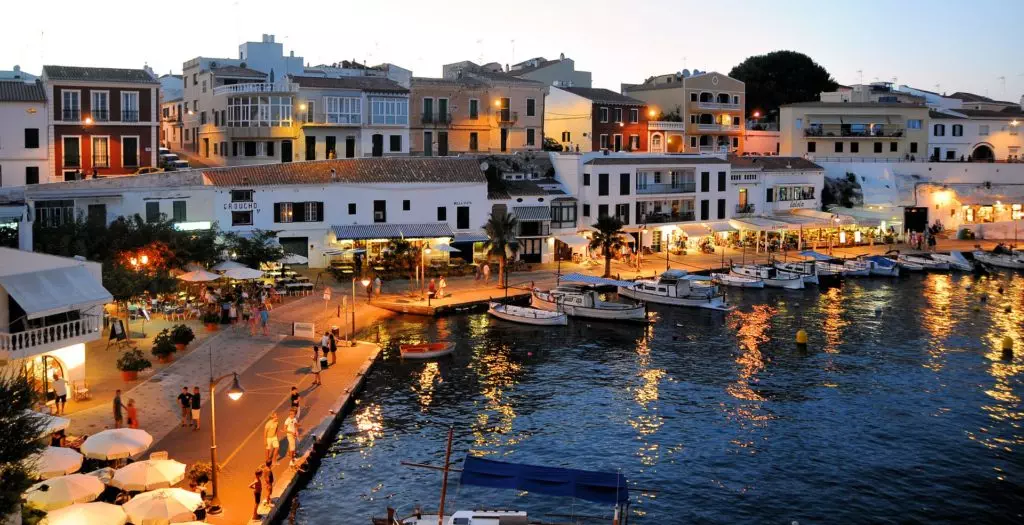 Reading time 3 minutes. Use our table of content for a quick read.
Reading time 3 minutes. Use our table of content for a quick read.
Last Updated on 11/03/2023 by STEPHANE
Click on any flag to get an automatic translation from Google translate. Some news could have an original translation here: News Nouvelles Nieuws Noticias Nachrichten
Inheritance, Estate Planning and Granting a Will in Spain
Of course, buying a property will mean at some point in the future that either the property will be sold or that it will be transferred to other family members.
Caroline, our paralegal adviser in the region of Andalusia, explains to us why it is very useful to prepare your estate planning regarding your Spanish assets:
“When you have purchased a property in Spain, or you are the holder of any other assets in Spain, such as bank accounts, life insurance policies, shares or any other type of financial products, granting a last will and testament in Spain over your Spanish assets is highly recommended. A Spanish will ensure a smooth distribution of your assets in Spain and that you avoid future formalities, complications, delays, and additional costs derived from the process of succession and inheritance over those properties or assets located in Spain, as otherwise the assets will not be transferred quickly and smoothly to your wife/husband or relatives.”
In the last will and testament, the testator may choose the law of his/her nationality as the law that governs his/her succession. This choice of the applicable law allows the testator to freely dispose of his properties and assets in Spain always according to the limitations established by the legislation of his country of nationality, but in any case, avoiding forced inheritance rules applicable under Spanish law. In that regard, the testator shall appoint his inheritors and legatees and will determine the percentages allocated to each of the heirs and the specific assets to be transferred to the legatees.
Otherwise, i.e., not having a Spanish will means expanding time and incurring costs associated with the process of giving validity in Spain to a foreign last will and testament. Not having any will and testament at all means that for the distribution of the Spanish assets, it will be necessary to strictly follow what it is stated in the intestacy laws of the country of the last habitual residence of the deceased.
Additionally, in the last will and testament, the testator can establish specific rules to be followed in the distribution of the assets, and appoint an executor who will ensure the fulfilment of his/her last wishes as detailed in the will, and it is also an opportunity to appoint tutors for the children, when these are minor.
Juan, one of our legal adviser in the region of Catalonia, points out on that matter that the executor will not be entitled to act until taxes are paid: only some expenses for maintenance of the inheritance are allowed (“taxes are taxes…”). Even stock exchange assets cannot be sold, even if the price should remain in accounts of the late (!).
To summarise, the Spanish last will and testament will make the process of succession and inheritance over your Spanish assets quicker, easier and less costly.
To conclude this series of articles on the Legal aspects of your Spanish property purchase: a few final tips
It is not always the case but some lawyers even make sure that the different utilities contracts are changed to your name. Before that of course, you need to have your Spanish bank account open, but normally it is already the case if you paid the property price with it.
Juan, one of our lawyer in the region of Catalonia points out:
“Another important point to keep in mind nowadays is the provenance or the destination of the price of the purchase, because of the money laundering prevention rules. Juan remembers his intervention in the sale of the apartment- in which the seller was a foreigner company from Malta. It lasted a lot of time and efforts, to obtain valid documents for the purchase as well as to obtain the acceptance of Malta’s company for opening an account to cash the selling price; however, any non resident company or person will have to fill a lot of documents and answer a lot of questions when acting for the first time at Spanish banks. That means a certain additional time if you did not care for it at first”.
At the same time, the community fees should be billed directly on your name and you will have to pay the local taxes. (see the earlier article on taxes to be paid by the owner).
Of course, don’t forget to insure your property.
We want to thank some of our local legal and tax partners for collaborating to this article, Sophie our legal partner in Valencia, Caroline in Malaga, Juan Carlos in Alicante, Maite in Barcelona and Juan in Barcelona.
This article: “Part V. Inheritance, Estate Planning and Granting a Will in Spain” is the last article on our legal series of articles related to your Spanish property purchase.
Introductory paper: Why do you need independent legal and tax partners for your property acquisition in Spain?
Part I. Buying a property in Spain: Is a Spanish Notary enough? Why is an independent Spanish lawyer strongly advised?
Part II. Buying a property in Spain as a foreigner: Are you allowed to buy a property in Spain as a foreigner? Do you need a Visa? Who is buying? How do you finance?
Part III. Legal due diligence on your Spanish property
Part IV. Tax aspects related to your Spanish property: acquisition, ownership and sale of your Spanish property
Part V. Inheritance, Estate Planning and Granting a Will in Spain
For easiness of reading, it is split into five different articles: they could be read one after the other or separately.
Looking for a property lawyer in Spain? Follow the link and get one of our local lawyer.
Looking for another real estate expert in Spain: Mortgage, Insurance, Survey of property, Property hunting, …? Ask us directly one of our 100+ local partner!







